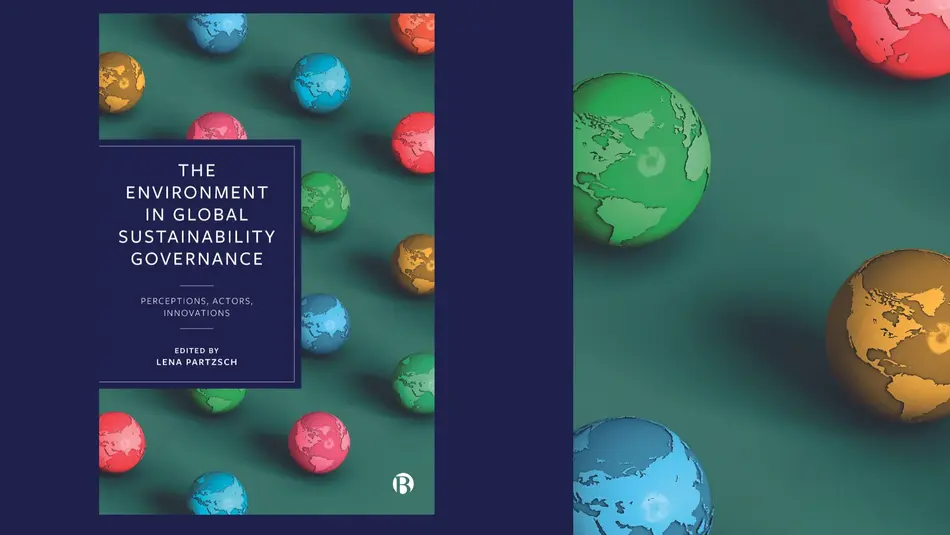Some 759 million people lack access to electricity, and 2.6 billion are without clean cooking solutions. Yet universal access to modern energy services must be achieved without additional emissions. Therefore, climate targets need to be achieved on the basis of clean energy sources. The contribution on “Clean Energy Services: Universal Access as Enabler for Development?”, co-written by Professor Andreas Goldthau, Director of the Willy Brandt School of Public Policy, and Nopenyo Dabla. Senior Investment Officer of the African Development, and alumnus of the Brandt School’s Master of Public Policy, first discusses how policy making in developing countries has shifted, from viewing energy as a sector to regarding it as an enabler for broader socio-economic goals. The chapter discusses the pertinent linkages of SDG 7 (Affordable and clean energy) with other SDGs, and offers best practice in clean energy access policies. Finally, it puts a focus on clean cooking, zooming in on sub-Saharan Africa.
The chapter is part of the book “The Environment in Global Sustainability Governance: Perceptions, Actors, Innovations”, edited by Lena Partzsch, and published by Bristol University Press, which focuses on the political tensions between the environmental objectives and socio-economic aspects of sustainable development, analyzing how to resolve the tensions between economic growth and the limitations of the Earth's atmospheric, marine and terrestrial systems. Through a series of articles, the book provides an introduction to the relationships and trade-offs that occur between “green” and other goals, including gender equality and economic growth. Furthermore, it also identifies governance failures and responsibilities, advocating for a change towards cooperative economics and politics for the common good.
You can access the Open Access digital edition or purchase a hard copy of the book from Bristol University Press here.

